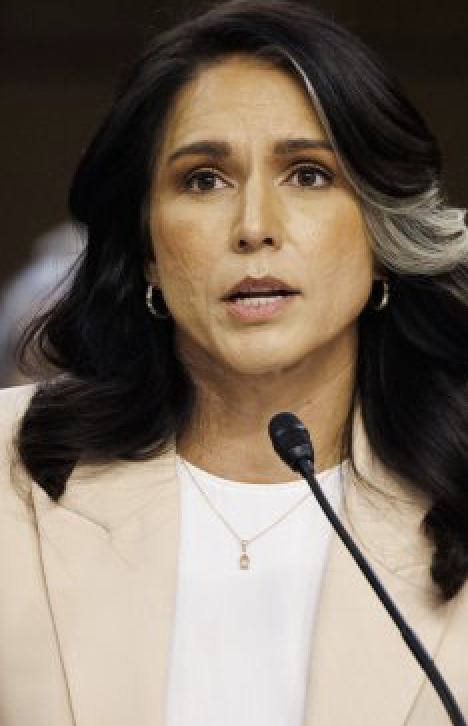October 14, 2016
by Warren L. Nelson
The Obama Administration made three adjustments to its sanctions rules last week that appear to go a long way to meeting Iran’s complaints that the US rules have inhibited foreign investment in Iran.
The changes went far enough that Republicans in Congress swiftly moved into attack mode, charging that Obama was caving to Iran.
US Treasury officials denied that any change whatsoever had been made. And that was technically true. There was no change in the text of any sanctions, but the Treasury Department made changes in the text of its “Frequently Asked Questions Relating to the Lifting of Certain US Sanctions Under the Joint Comprehensive Plan of Action on Implementation Day.”
That is a 45-page-long document posted on its website. As a note atop the FAQs says, “This document is explanatory only and does not have the force of law.” But it is where lawyers go when they are interpreting the sanctions rules.
The three changes made last Friday state:
- Foreign firms may conduct transactions with Iran in the US dollar so long as no dollars move through the US financial system. This has always been the rule, but very few people have understood that. The popular belief has been that US sanctions bar any transactions with Iran in the US dollar.
- The Treasury requires all foreign firms to conduct “due diligence”—that is, conduct adequate research—to be reasonably sure that they are not doing business with a company owned by sanctioned people. The main group the US is concerned about is the Pasdaran, which owns large segments of many businesses in Iran. An addition to the FAQs now says foreign firms should use their national definitions of due diligence and contact their national authorities if they have questions. This change may have been prompted by the fact that the US Treasury has said it is overwhelmed with queries from abroad and has no time to answer them all.
- Foreign firms may now be able to make deals with Iranian firms that are “controlled in whole or in part” by a person or entity that is sanctioned by the United States. That arched a lot of eyebrows. If firms can make deals with Iranian companies wholly or partly controlled by the Pasdaran, what is left of sanctions? The FAQ, however, said such deals are “not necessarily sanctionable.” That means they could still be sanctioned, so it doesn’t exactly give great clarity to foreign business firms.
The first response from Iran came from Deputy Economy Minister Hossain Ghazavi, who said the changes do not satisfy the Islamic Republic.
“The problems that existed before are still there,” Ghazavi said, according to the Iranian Students News Agency (ISNA). “Previously,… non-American financial institutions could not have 100 percent confidence that, while providing brokerage services, creating accounts or maintaining US dollars for Iranian banks and customers, they wouldn’t face unpredictable risk. This ambiguity has still not been resolved.”
That is likely to be accurate, though it will take a few weeks to be certain.
Eric Lorber, a senior associate at the Washington, DC-based Financial Integrity Network, which advises banks on sanctions, told Reuters that, despite the new guidance, major European banks are still unlikely to do business with Iran soon. “Among the largest banks there is still a serious reluctance to do any of that business,” Lorber said.
The new guidance sparked criticism from Republicans in Congress.
Sen. Tom Cotton, Republican of Arkansas, said, “The new guidance overturns the long-running understanding that the US dollar cannot be used to facilitate international trade with any Iranian entities, let alone sanctioned entities.”
Sen. Mark Kirk, Republican of Illinois, said the new guidelines amounted to the White House granting Tehran new concessions.
And Rep. Mile Pompeo, Republican of Kansas, said the new guidance “green-lights business with terrorists. The updated FAQs remove barriers for foreigners to engage with firms the Islamic Revolutionary Guard Corps controls. From this and other appeasements, it appears the Obama Administration has given up on any democratic or pro-Western future for Iran.”






















